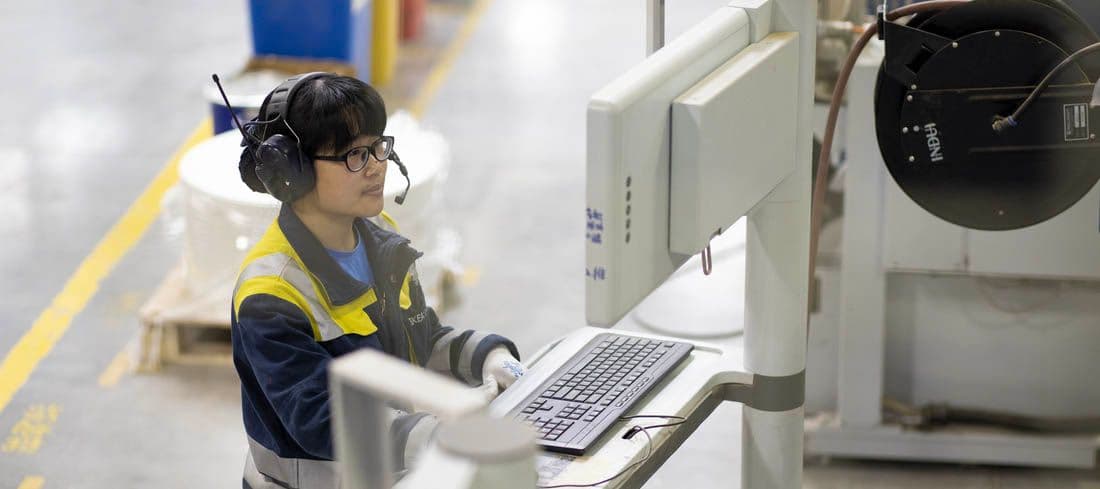
How IKEA uses IWAY audits to identify gaps and improvements in the global supply chain
IKEA works with more than 1,600 direct suppliers spread across the globe. Ensuring these suppliers' quality and compliance is essential to maintain the commitments of IKEA. To look into the inner workings of the IKEA IWAY audit, we followed Stefano Bizioli Galli, Senior Sustainability Compliance Auditor at IKEA, in an audit visit to identify shortcomings and drive continuous development across the supply chain.
It's early morning, and Stefano is already at the supplier's facility, a factory in a green mountainous area in Italy. Stefano meets the manager, who brings him to the conference room, where they begin the audit to assess compliance with the ten principles of IWAY regarding working conditions and environmental responsibility.
The audit starts with an introductory session, establishing the framework and scheduling appointments with over ten individuals from the supplier's team and the subcontractors who are present on site to support the supplier's operations. With the stage set for a cooperative audit experience, Stefano begins a dialogue with the supplier's team, seeking insight into their work.
"My career as an auditor started in 2010 when my colleagues approached me with the proposal to start testing the applicability of IWAY for services suppliers like, for example, cleaning companies, security services companies, and waste management companies. I aim to evaluate the supplier's compliance with the IWAY requirements thoroughly. During an IWAY audit, I review the supplier's policies and procedures, interview management and employees, and inspect facilities and documentation," says Stefano.
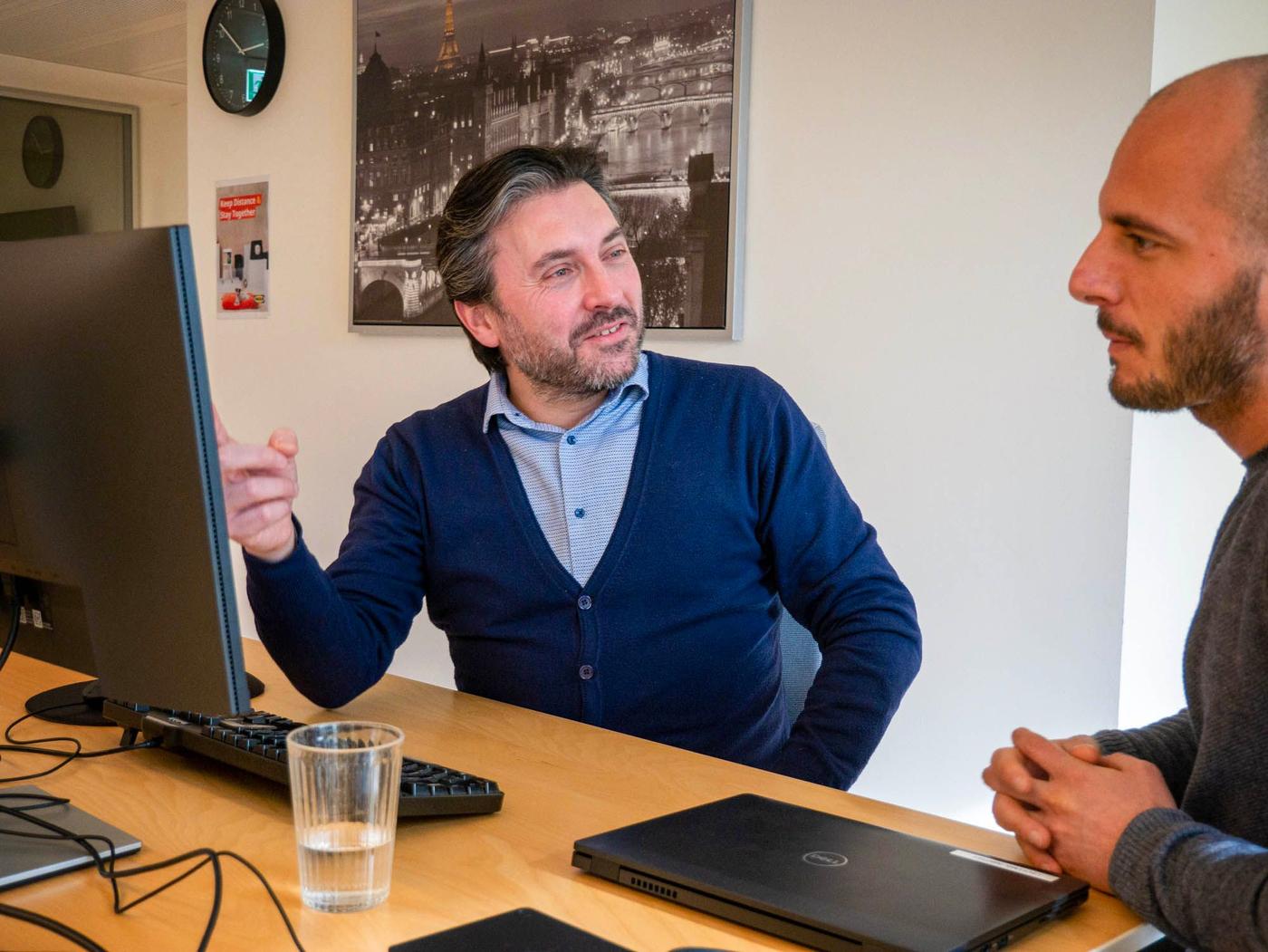
Stefano cultivates a sense of trust and partnership by ultimately facilitating a thorough and effective audit. However, the audit is a challenging exercise.
"Some suppliers responded by stating that the audit criteria are beyond the scope of local laws and, therefore, not applicable to them. They felt that the requirements were more stringent than what was mandated by the law and the services they provided. To address this, I did my best to explain the situation," says Stefano.
A systematic approach
To assess the supplier's adherence to the ten IWAY principles, Stefano follows a systematic approach. He begins by reviewing legal compliance, ensuring the supplier meets relevant regulations and has necessary and up-to-date permits. He then assesses policies and procedures regarding child labour and young workers, reviewing age verification processes. After that, he examines policies, procedures, and contracts to ensure the supplier prohibits bad practices, such as forced labour, and lives up to it. He also conducts worker interviews and reviews recruitment practices with the HR unit. Moreover, he checks compliance with freedom of association and collective bargaining by examining labour contracts, agreements, and worker representation structures and by talking with workers.
Discrimination policies and procedures are scrutinised by reviewing documents and meeting workers. Working hours, overtime, compensation practices, and wage and benefits compliance are evaluated through record reviews and worker interviews.
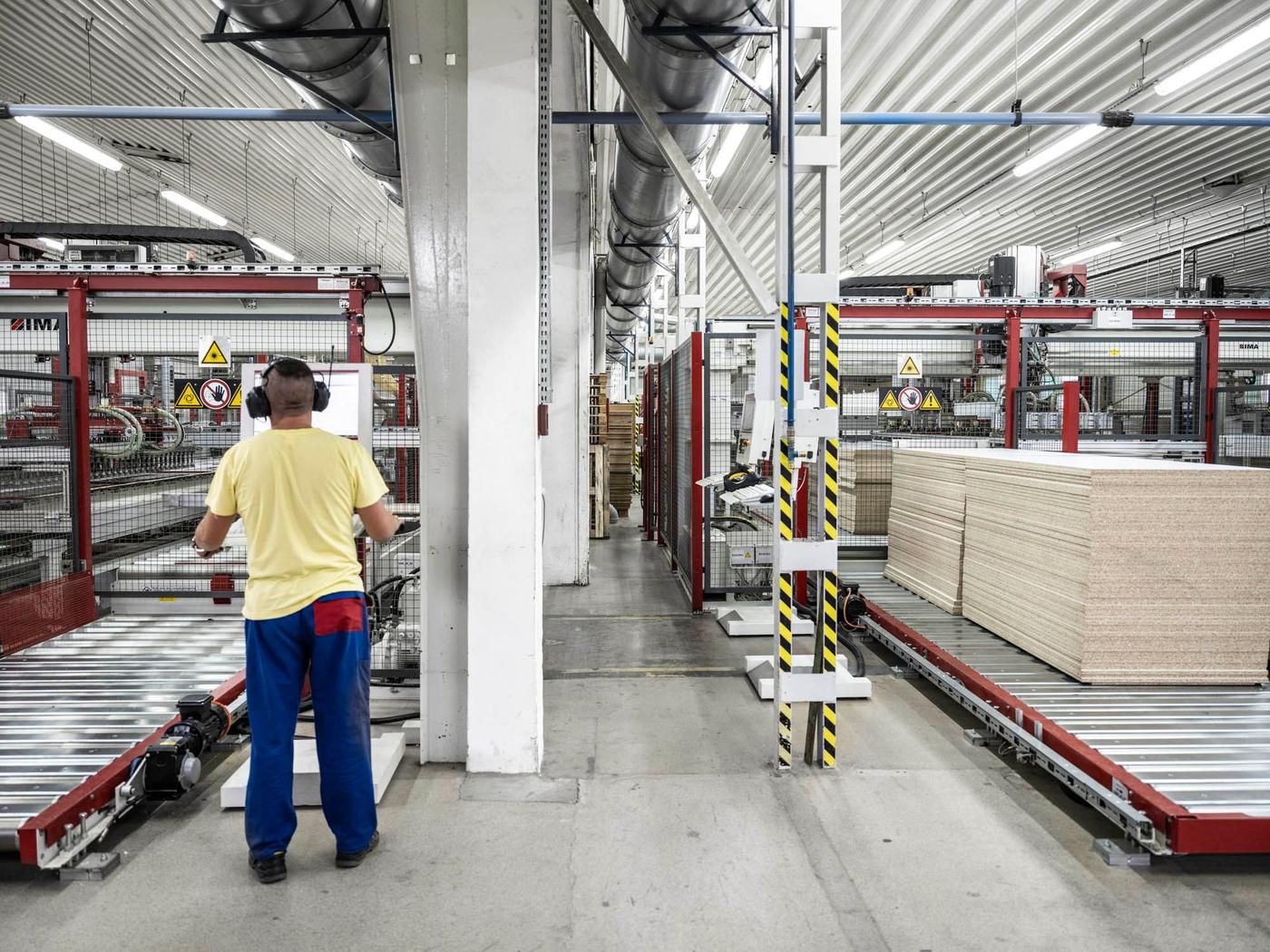
The supplier has met all the specified requirements, and Stefano is satisfied with the morning session. However, more IWAY principles will be observed in the first and second days.
During this visit, Stefano will also evaluate the subcontractors which are working on this site to ensure compliance and support the direct supplier in strengthening their internal audit system.
He first assesses a security company by conducting interviews and reviewing documents, where he finds workers exceeding official working hours slightly. Stefano also evaluates a company responsible for maintaining the electrical plant, noting their working hour registration system and incomplete documents that need verification.
Additionally, Stefano assesses a subcontractor for machine maintenance and mechanical services. He examines electronic documents but needs help verifying minimum salary requirements due to unclear documentation. He emphasises the need for clear evidence of registered hours, which the subcontractor promises to provide the next day. The hour registration and minimum salary documentation for the facility cleaning and gardening subcontractor meet requirements, but staff training documents are pending.
Lastly, incomplete documentation leads to the postponement of a meeting with the fifth subcontractor, who requires additional documents to verify tax and pension contributions.
Meeting all applicable requirements
"During the audit, we must ask for evidence related to whether the supplier has met all applicable requirements. Suppose we don't have this kind of evidence. In that case, we can have a considerable risk of IWAY deviations because specific requirements are connected to, for example, the minimum salary or the registration of worked hours," says Stefano.
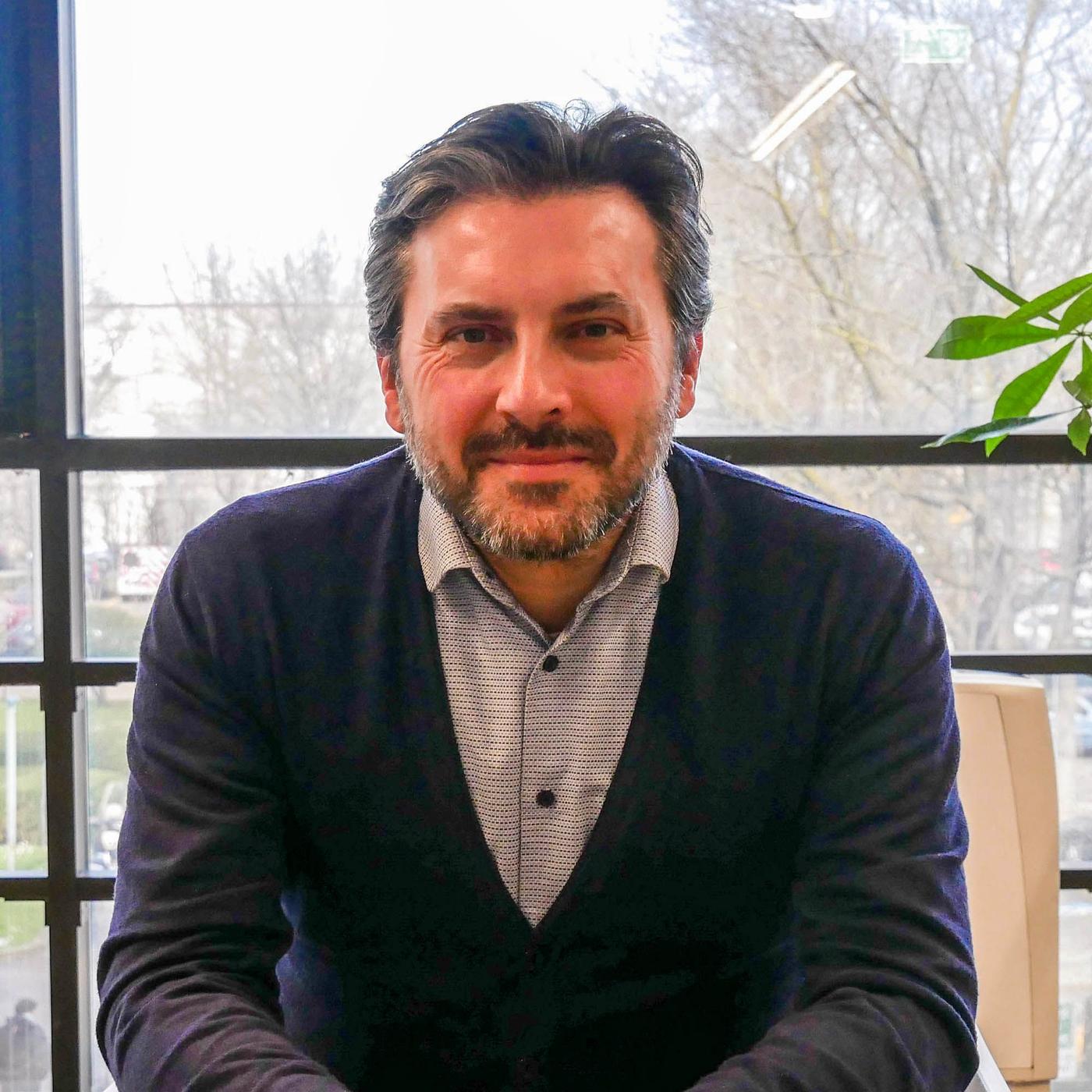
“An IWAY audit is a dialogue.”
– Stefano Bizioli Galli, Senior Sustainability Compliance Auditor at IKEA
Interviews are finished with subcontractors in addition to the direct supplier. Stefano meets with the supplier's internal auditing team to ensure that the internal audit system can identify the gaps and follow up for improvement. They discuss challenges, gaps, and critical issues that must be addressed quickly.
It's the end of the first day, and Stefano shares the findings and critical points with the supplier, revealing that most subcontractors meet IWAY requirements, while a couple of them needed improvements.
"An IWAY audit is a dialogue. After two or three years of work, I saw good improvements at the supplier. Working with IWAY was beneficial for them as a business, because they significantly improved their performance. This approach helps IKEA identify areas for improvement, ensuring the supplier's alignment with the IWAY requirements and solidifying the foundation for a mutually beneficial, long-lasting partnership", says Stefano.
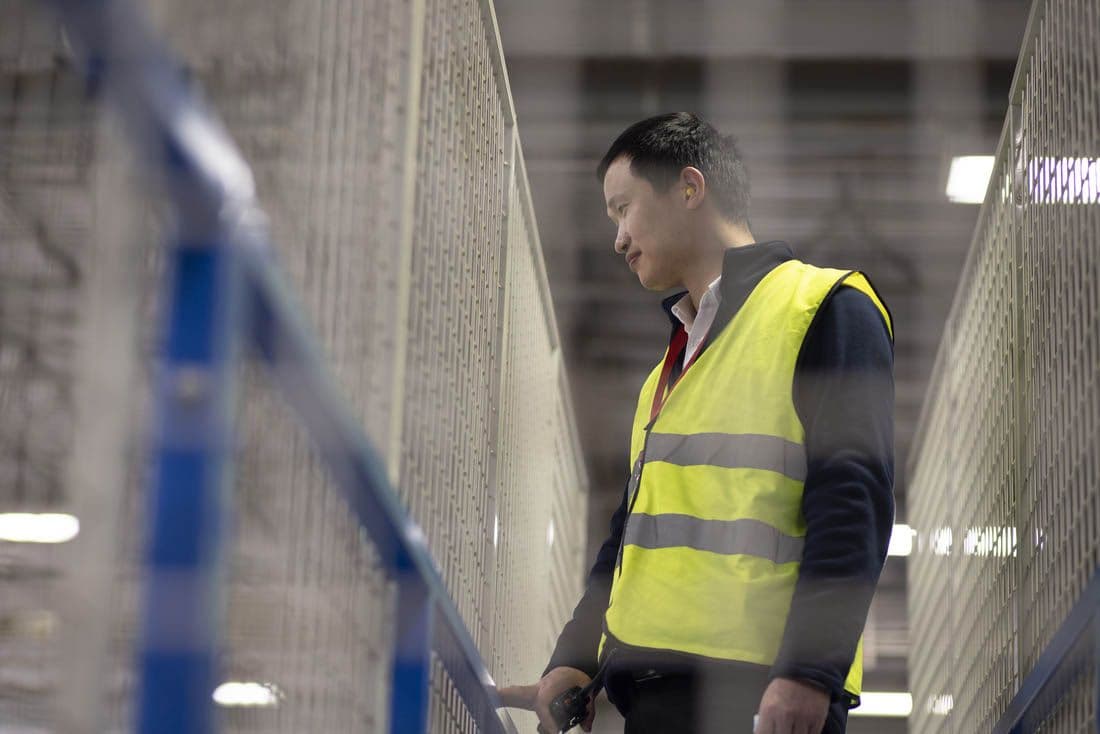
The second audit day starts with a site tour during which Stefano walks through the facility, observing the production processes, employee working conditions, and environmental practices. By engaging in open dialogue with suppliers' co-workers, Stefano aims to understand their operations better while addressing any concerns or questions.
Examining machinery and equipment
In the assembly areas, he examines the machinery and equipment used in the production process to ensure they are well-maintained and meet safety standards. He also checks for personal protective equipment, proper ventilation and lighting to ensure employees' safe and healthy working environment.
The audit also contains visits to the warehouse storage systems where Stefano checks for potential hazards, such as items stacked too high or unstable pallets. He also checks for proper labelling of the chemicals and proper handling of hazardous materials. In addition, he checks for cleanliness, adequate ventilation in the restrooms and break rooms, and any potential hazards, and fire fighting equipment, emergency exits - whether they exist, if they are easily accessible and properly marked.
Stefano examines the equipment and tools used to maintain the facility and machinery in the maintenance and repair areas and adequately stores hazardous materials and appropriate personal protective equipment.
Finally, Stefano conducts a critical check of the waste disposal and water treatment areas, looking for proper disposal methods to ensure that waste and chemicals are disposed of safely and environmentally responsibly.
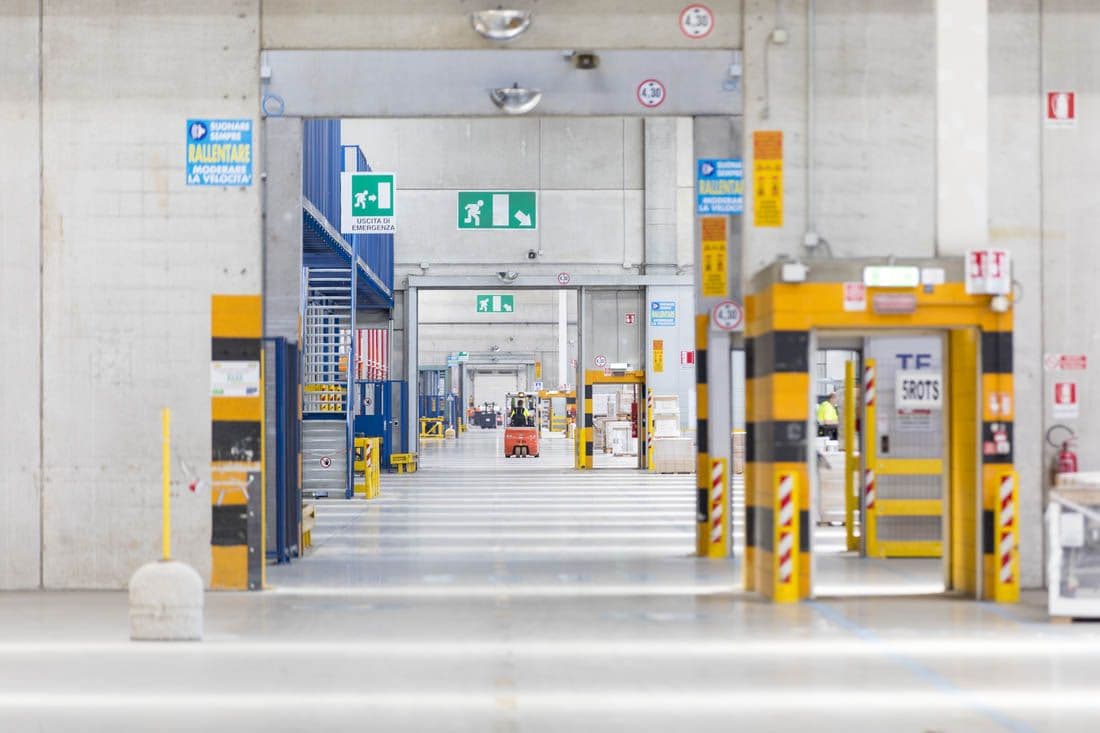
The site tour is critical in assessing the physical working conditions and safety measures in place for the employees. The auditor’s findings from the site tour were included in the final audit report, which comprehensively assessed the supplier’s compliance with the IWAY requirements.
“We share the findings immediately at the end of the audit, along with the improvement areas during the site visit and documentation review. The supplier immediately knows the improvement areas with examples, suggestions, and other relevant information,” says Stefano.
In the closing meeting, Stefano summarises the findings. Although the management system is robust and the site well-organised, several minor deviations are discovered, three of which involved subcontractors; two are related to working hours; the other two are associated with overdue follow-up actions from the previous audit at the subcontractors.
"The audit was highly beneficial," says Stefano. "The supplier now has a maximum of 90 days to implement all corrective actions and provide us with evidence that all deviations have been addressed. After that, we follow up on corrective actions by reviewing evidence provided by the supplier, and we verify whether the actions have been implemented as per the agreed timeline."
Long-term effect on the business relationship
Even though the audit results mirror the situation at a specific moment in time when the supplier is visited by the auditor, its has a long-term effect on the business relationship with IKEA. All the deviations are noted for the yearly action plan between the supplier and IKEA and will be a discussion point in the regular meetings between the the supplier and the business team. The IWAY ways of working, IWAY process and results from audits and other IWAY activities at suppliers are integrated in the daily relationship that the IKEA business teams have with each and every supplier.
This enables us to have holistic conversations with suppliers on both business and sustainability related topics on an ongoing basis. The supplier is also aware that repeated deviations to IWAY requirements may also result in business consequences, including stop of deliveries or even termination of contract.
In conclusion, the IWAY audit is a part of a robust system for evaluating suppliers' compliance . Its primary objective is identifying gaps or deviations from the IWAY requirements, triggering a call to action for necessary improvements. Furthermore, the IWAY audit goes beyond a mere checklist exercise. Through this comprehensive assessment process, the IWAY audit helps suppliers maintain regulatory compliance and promotes the development of more sustainable practices.